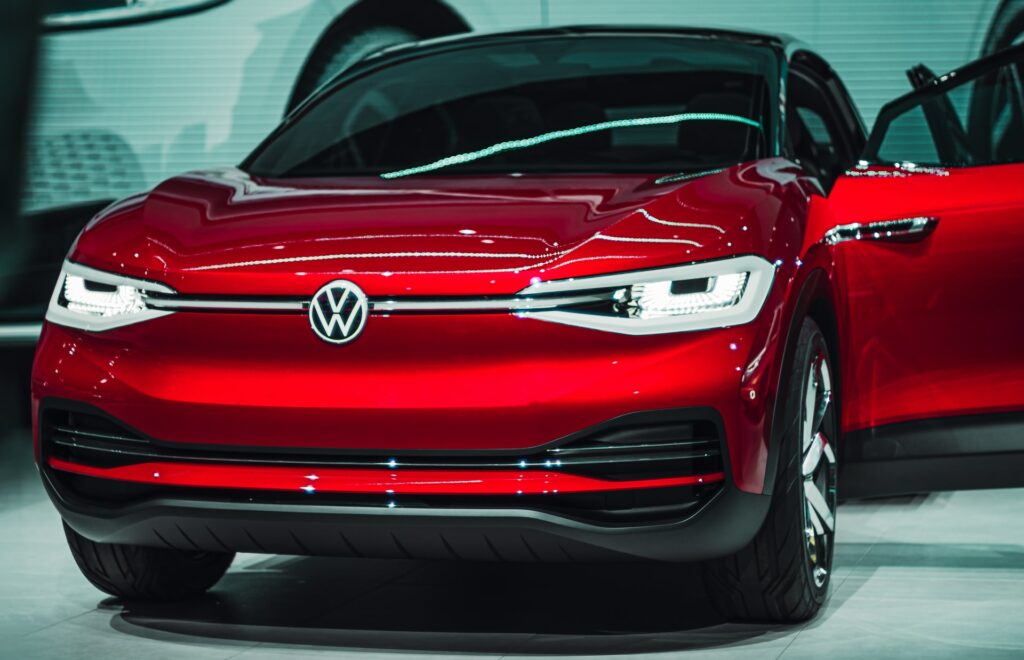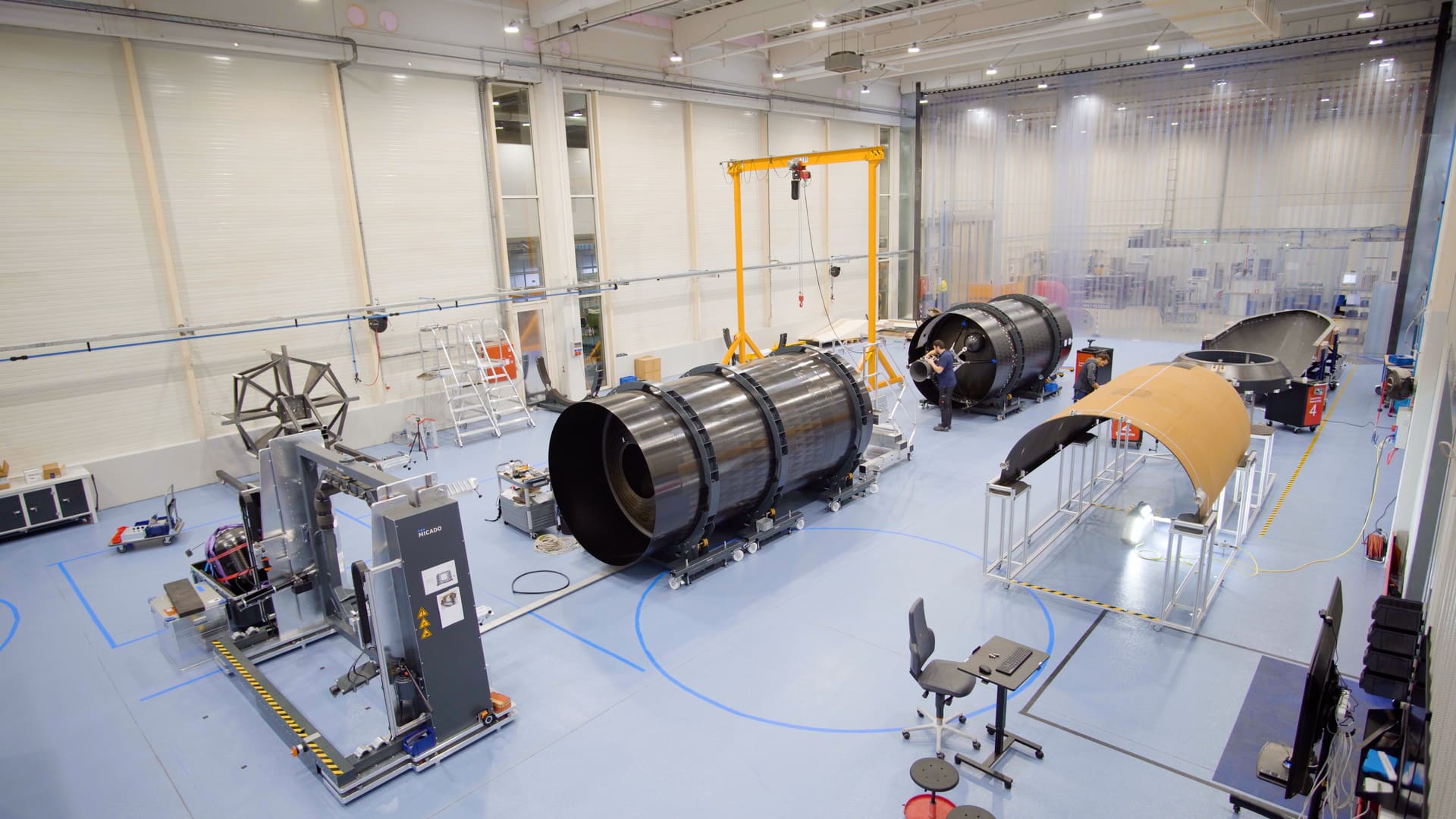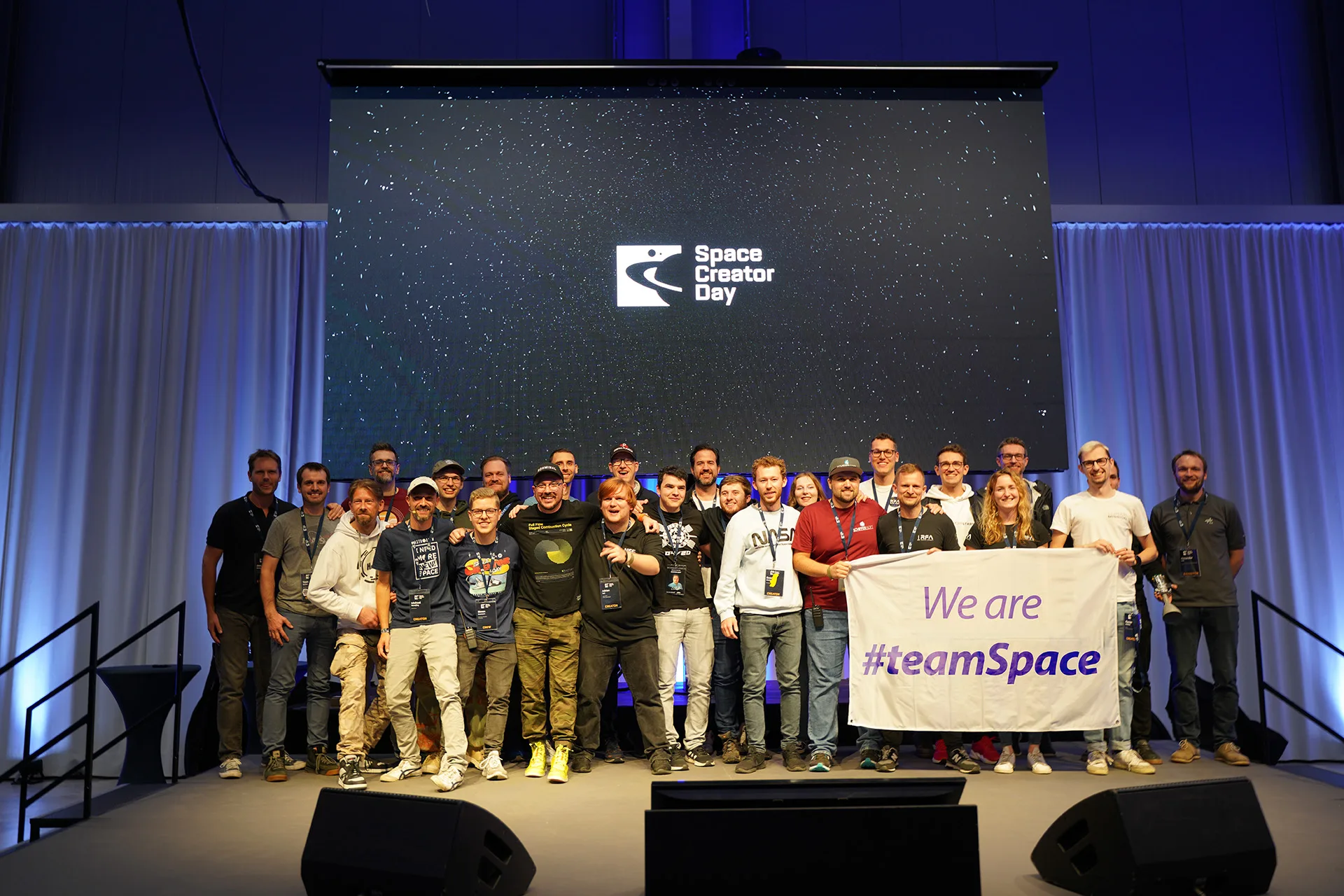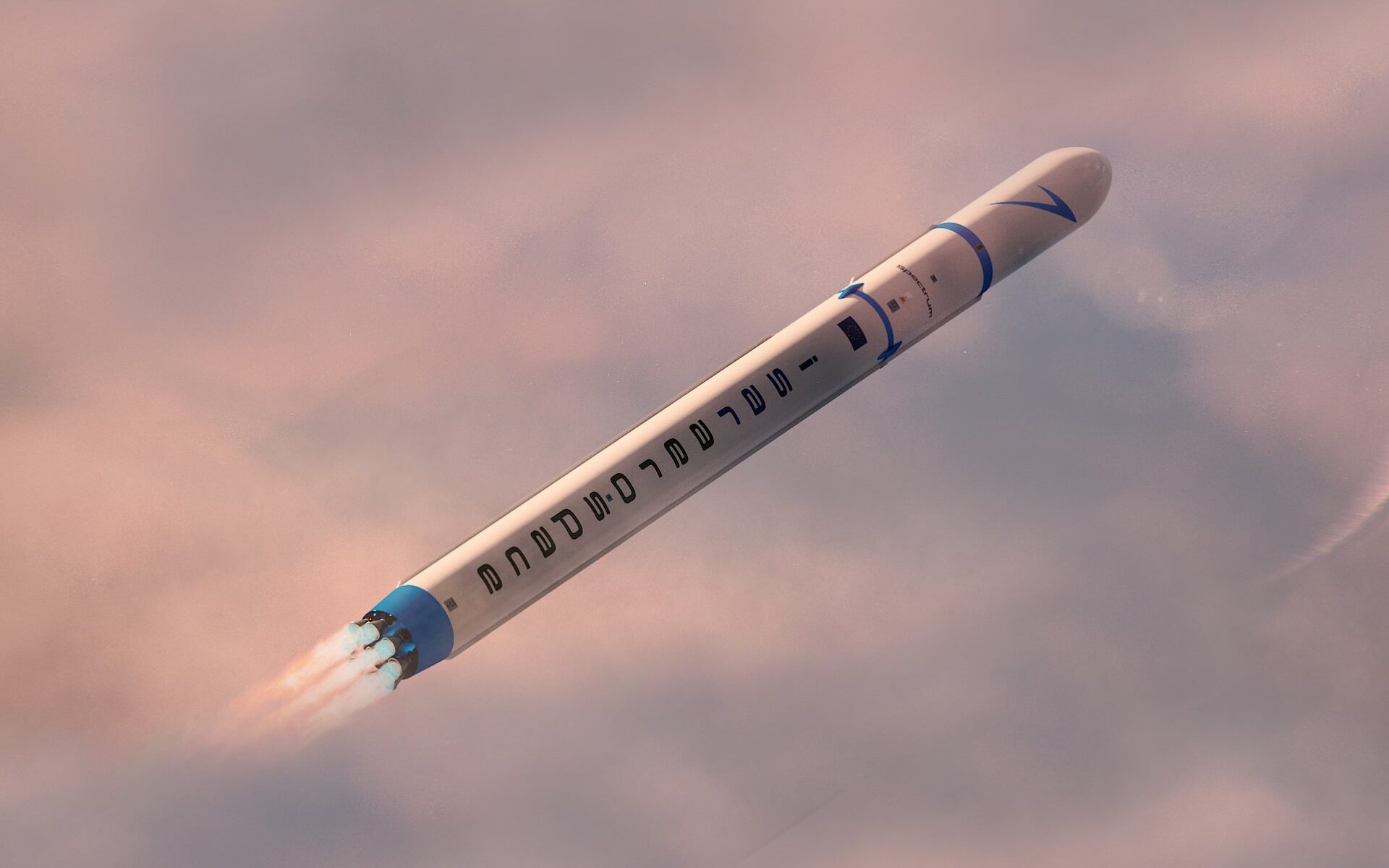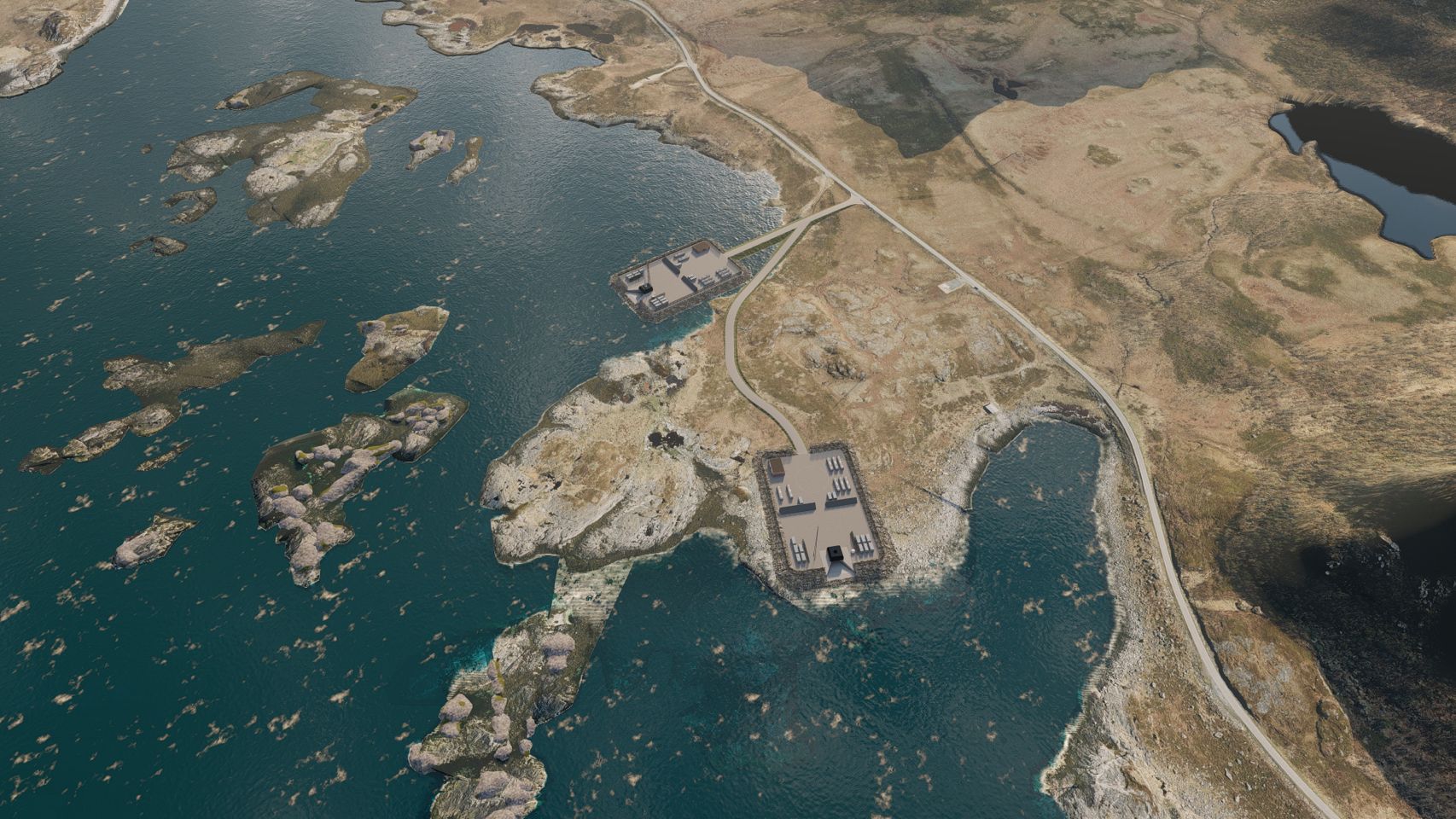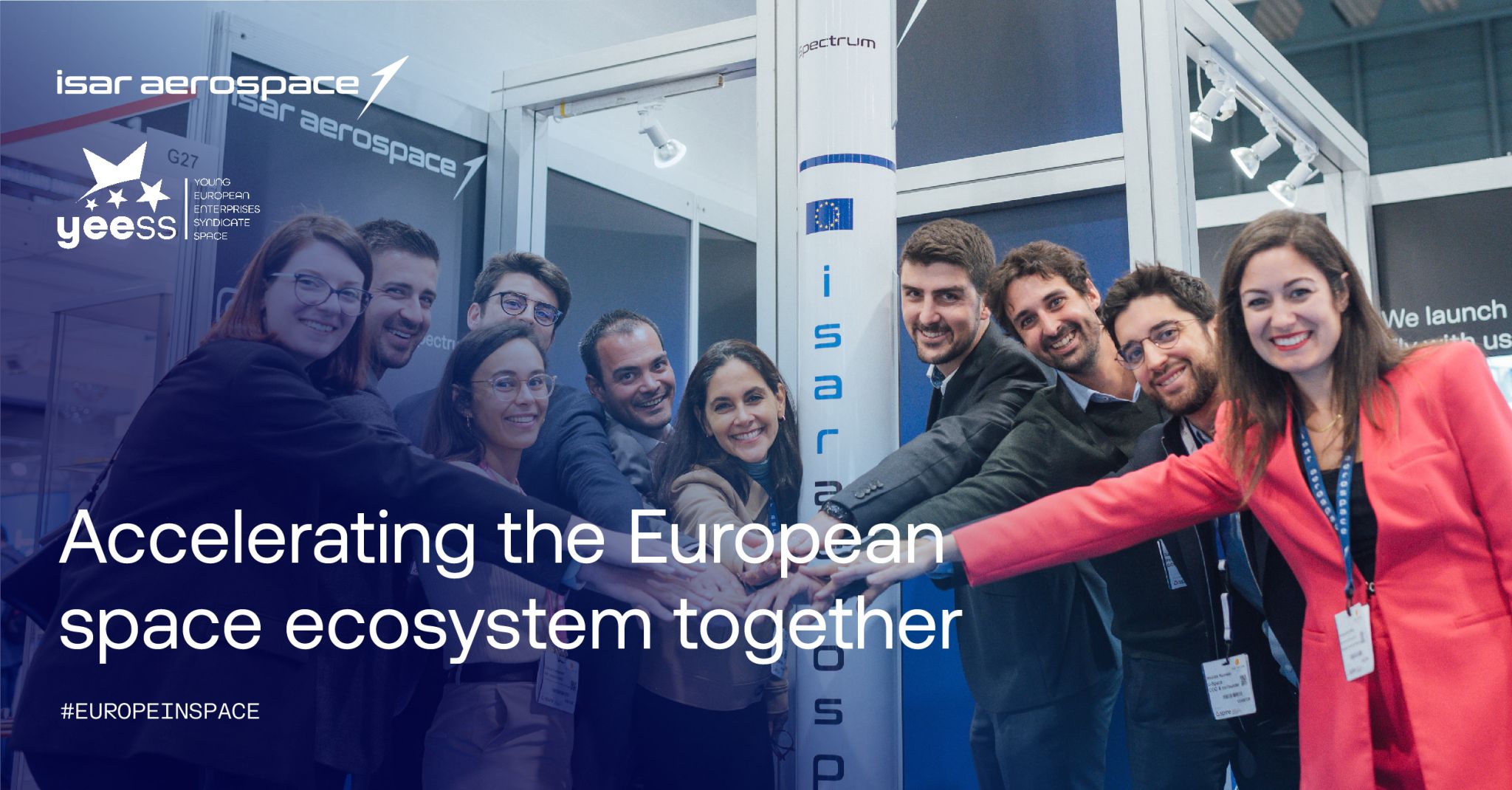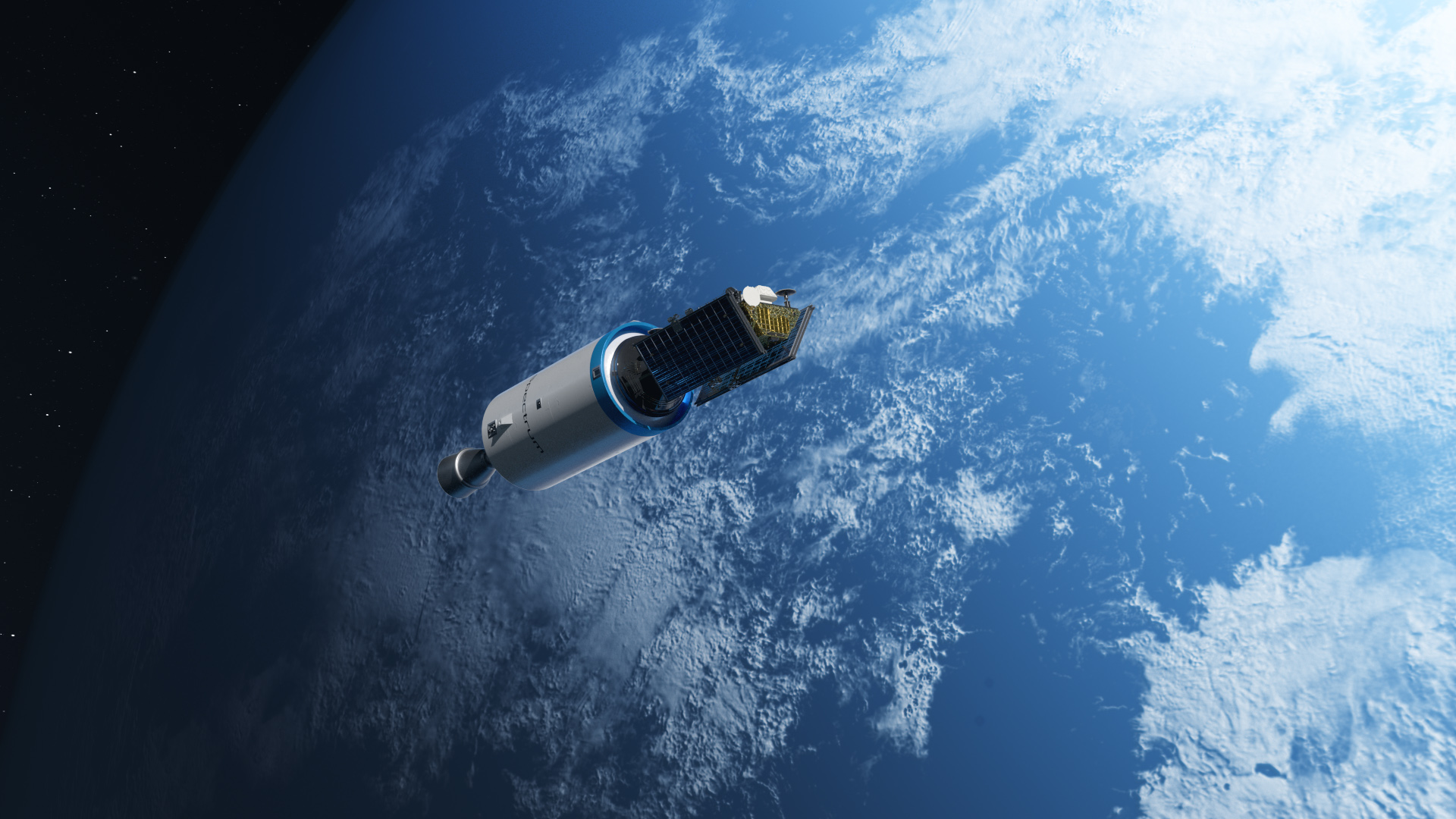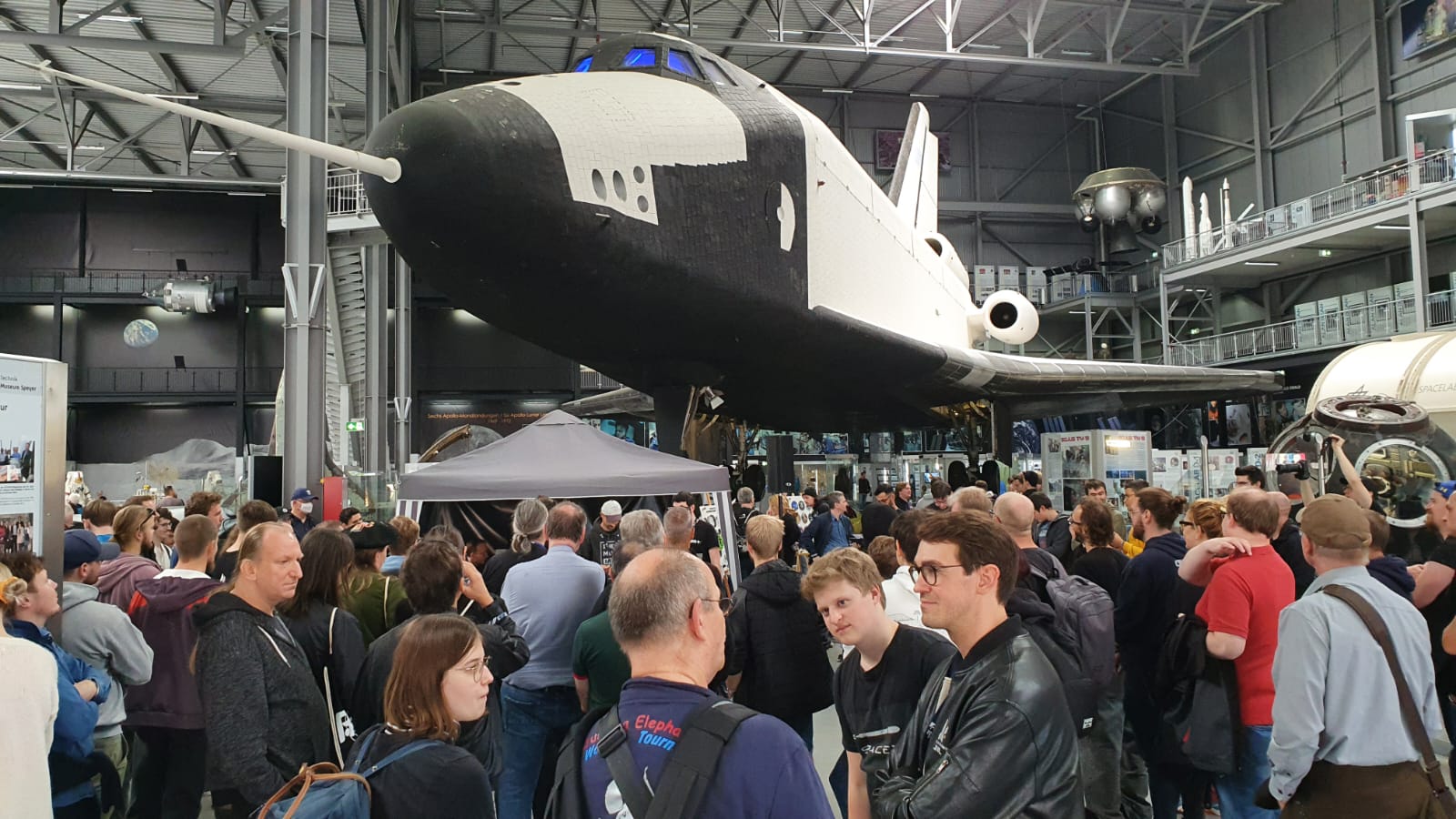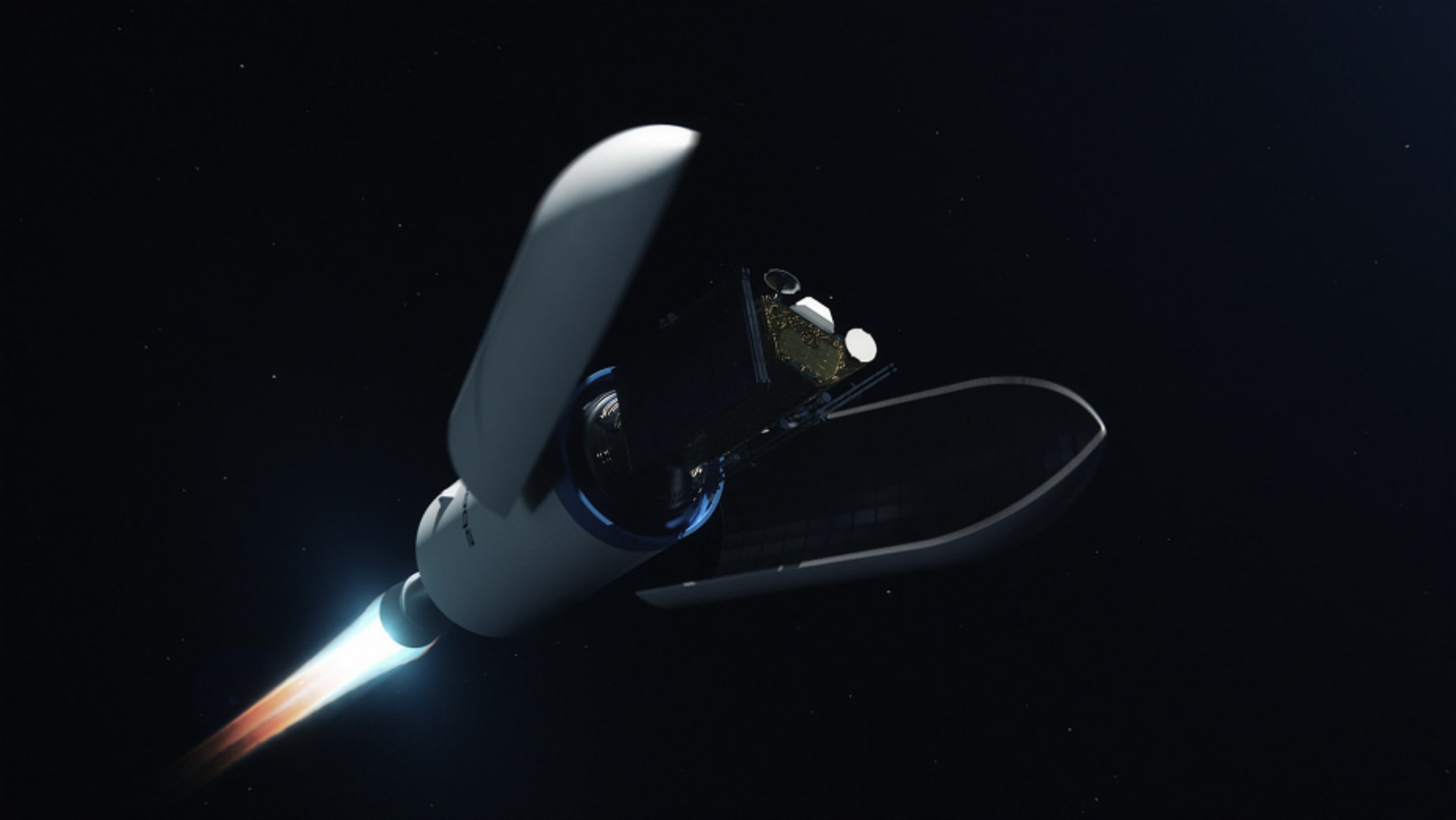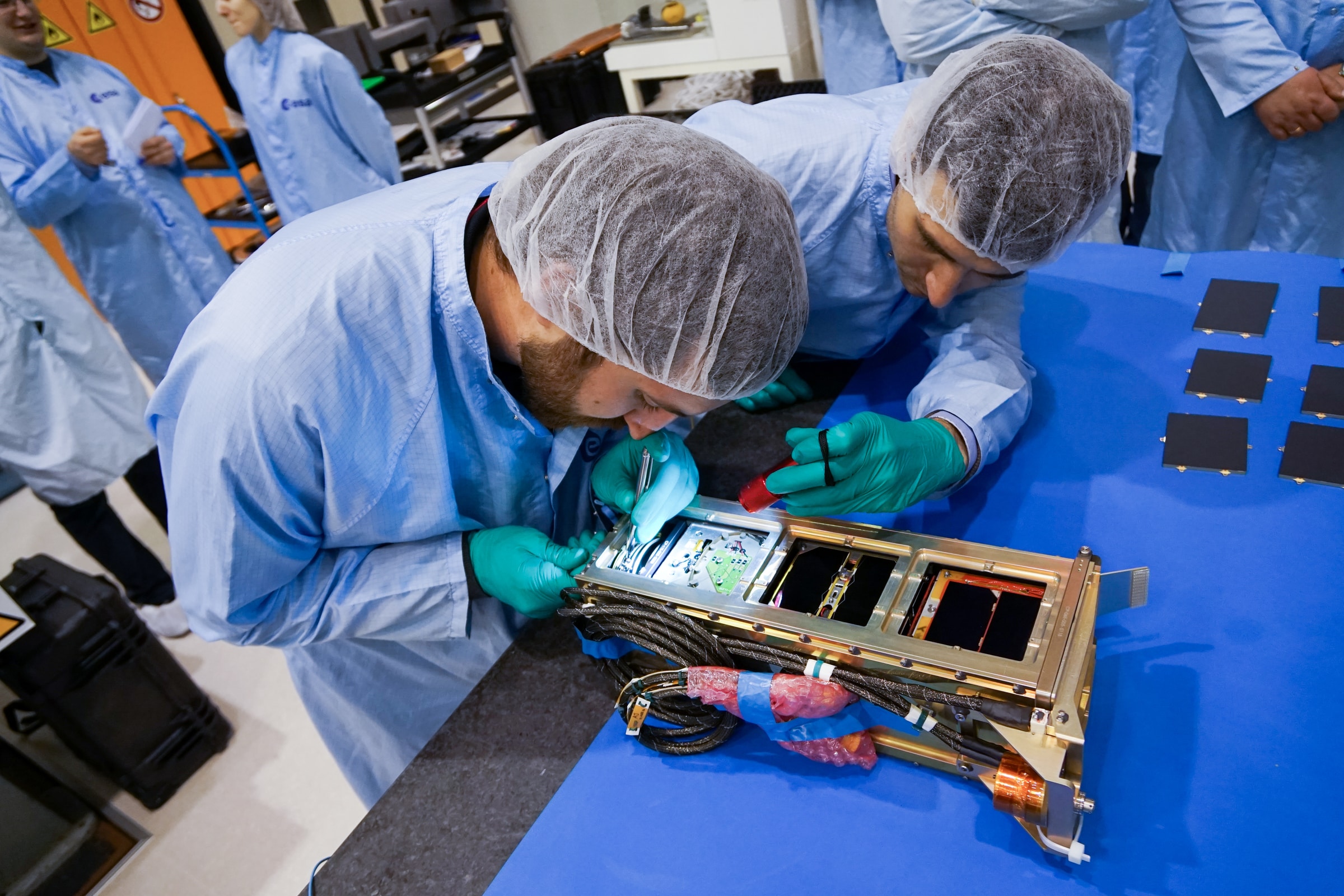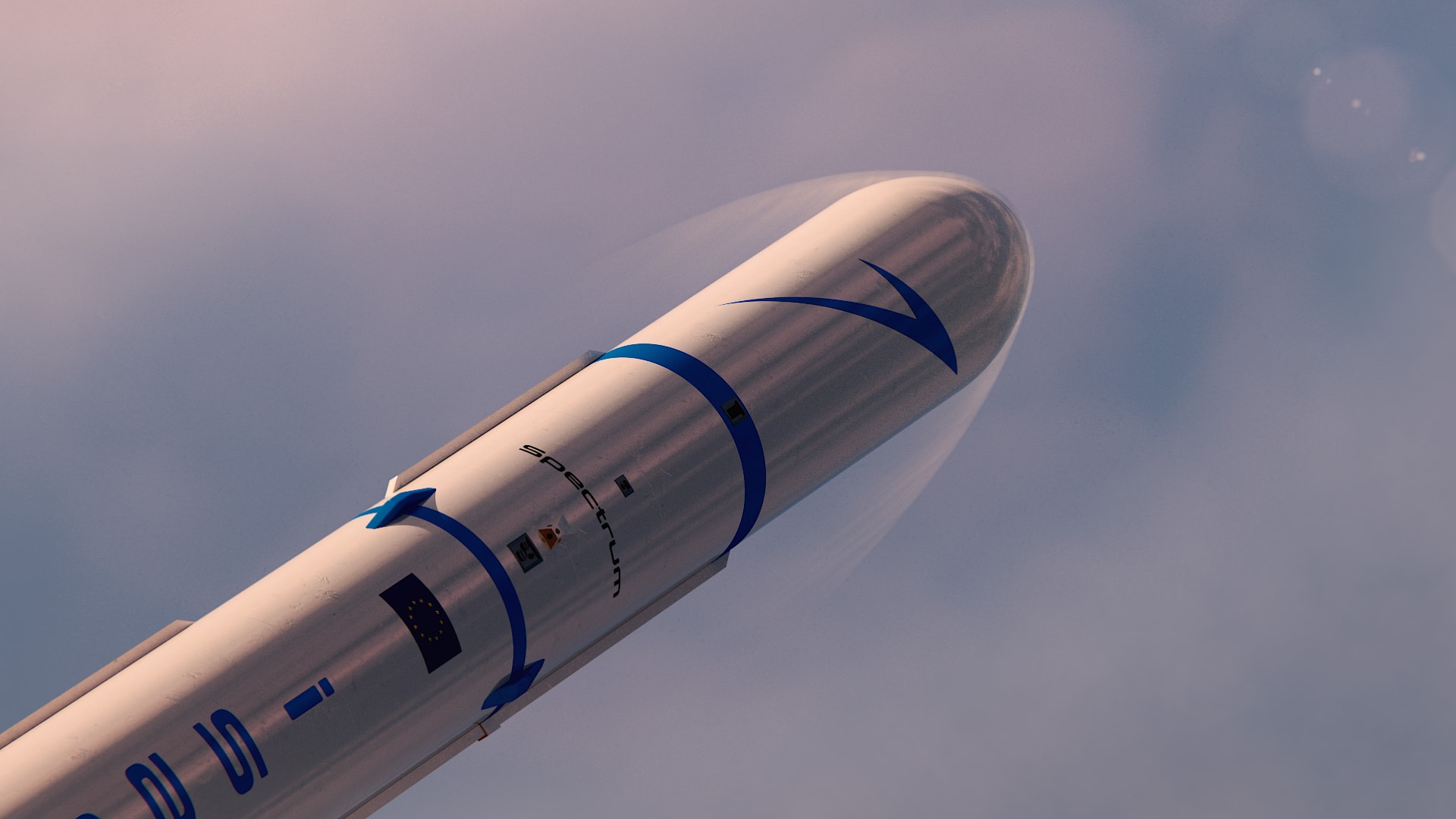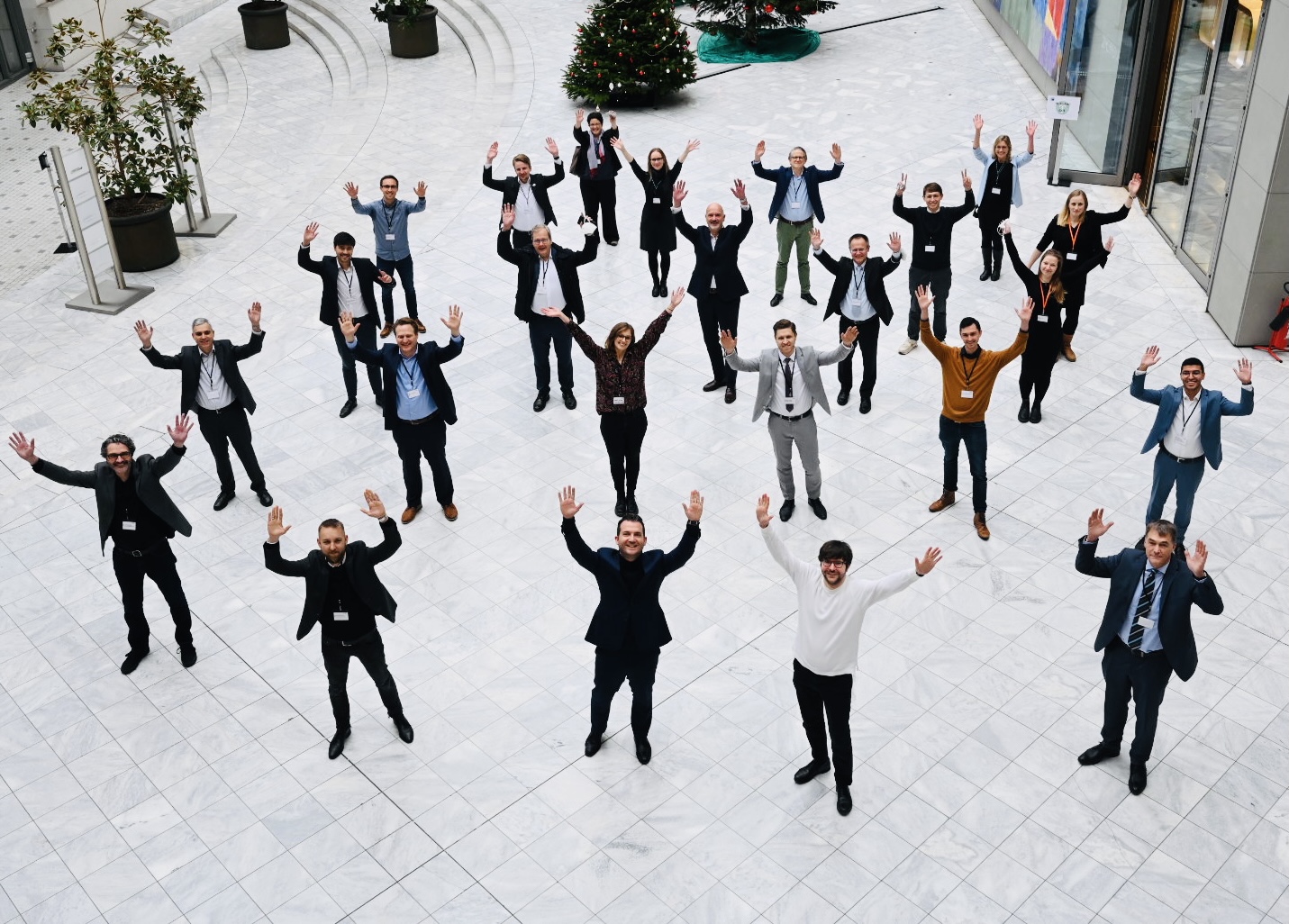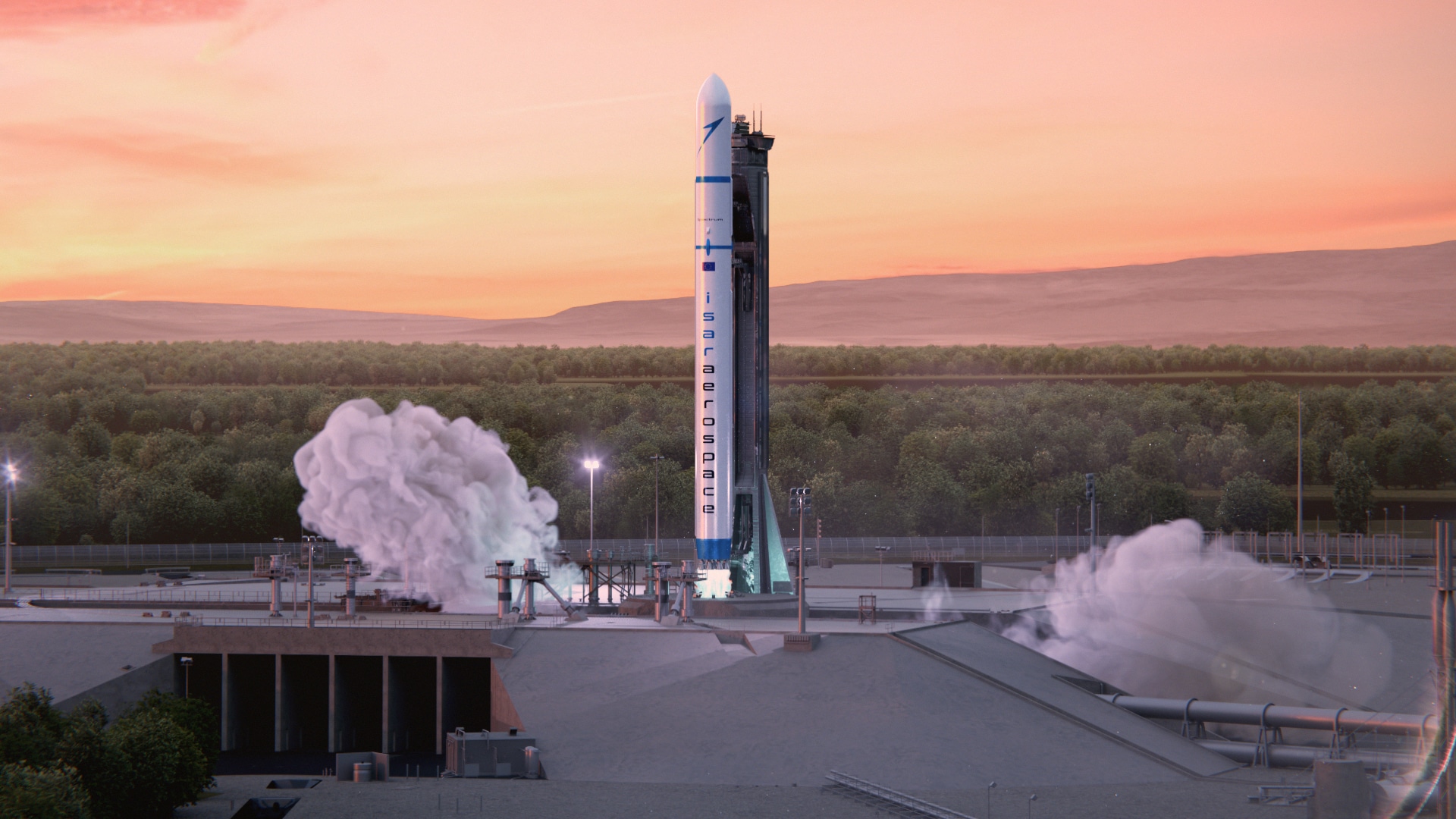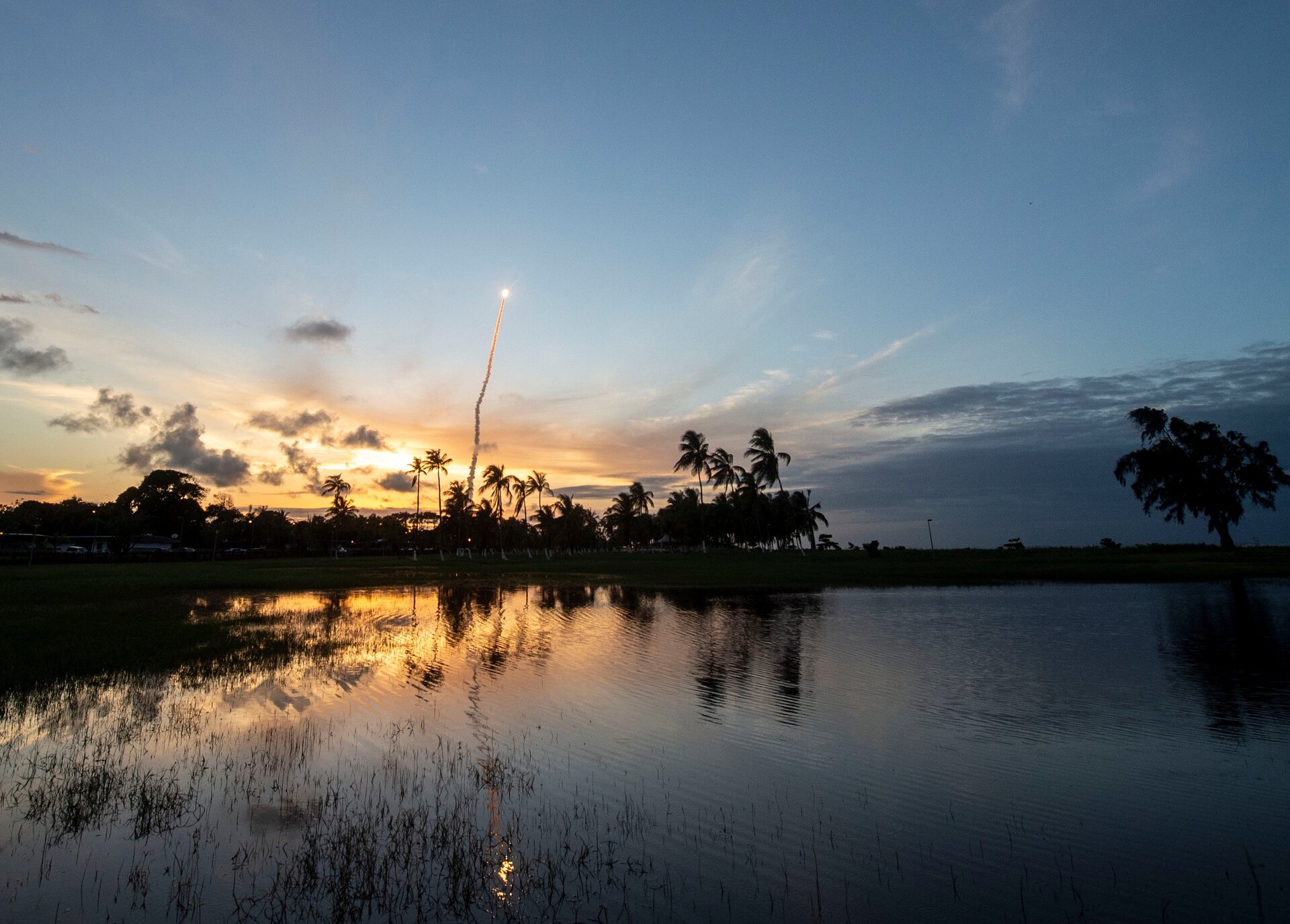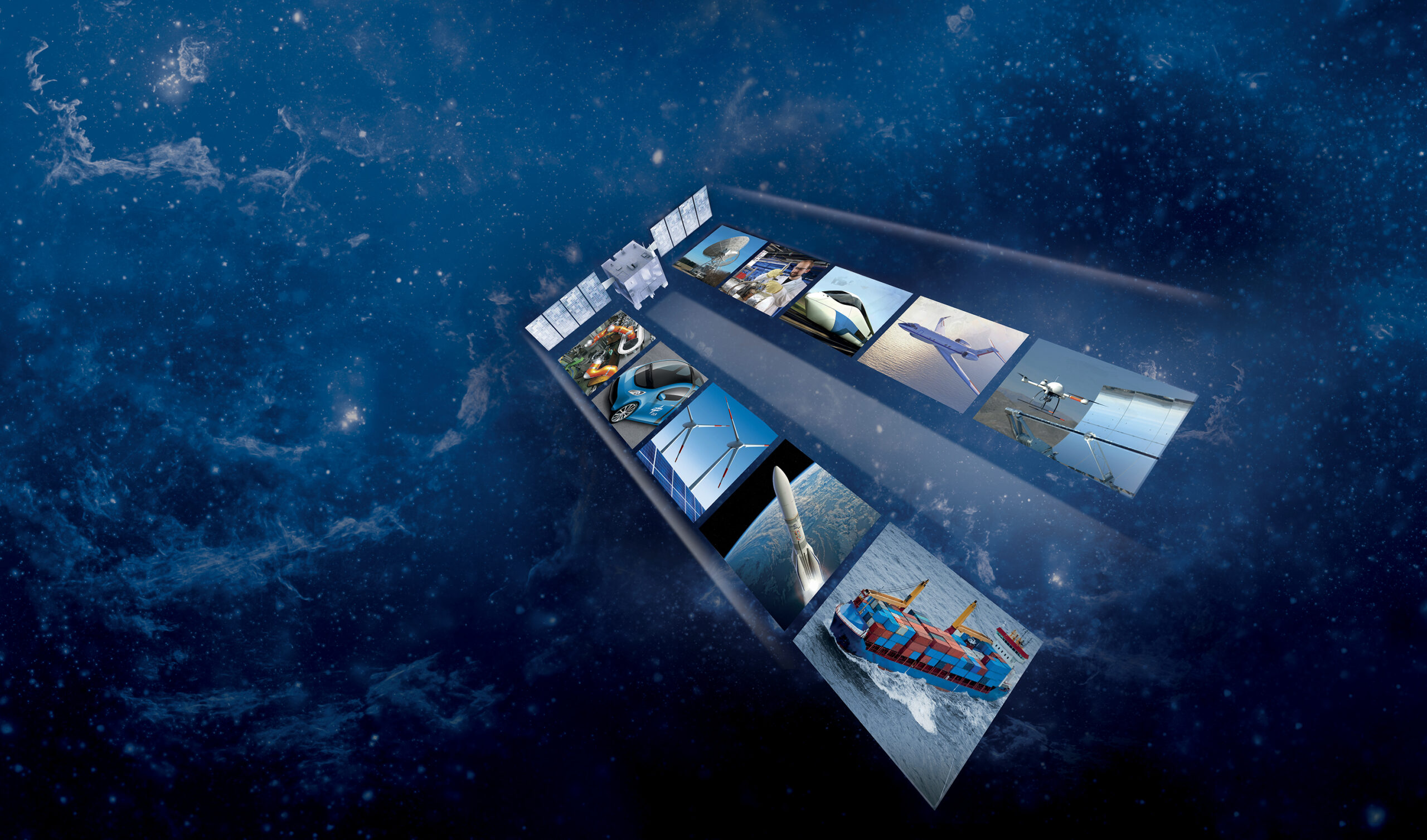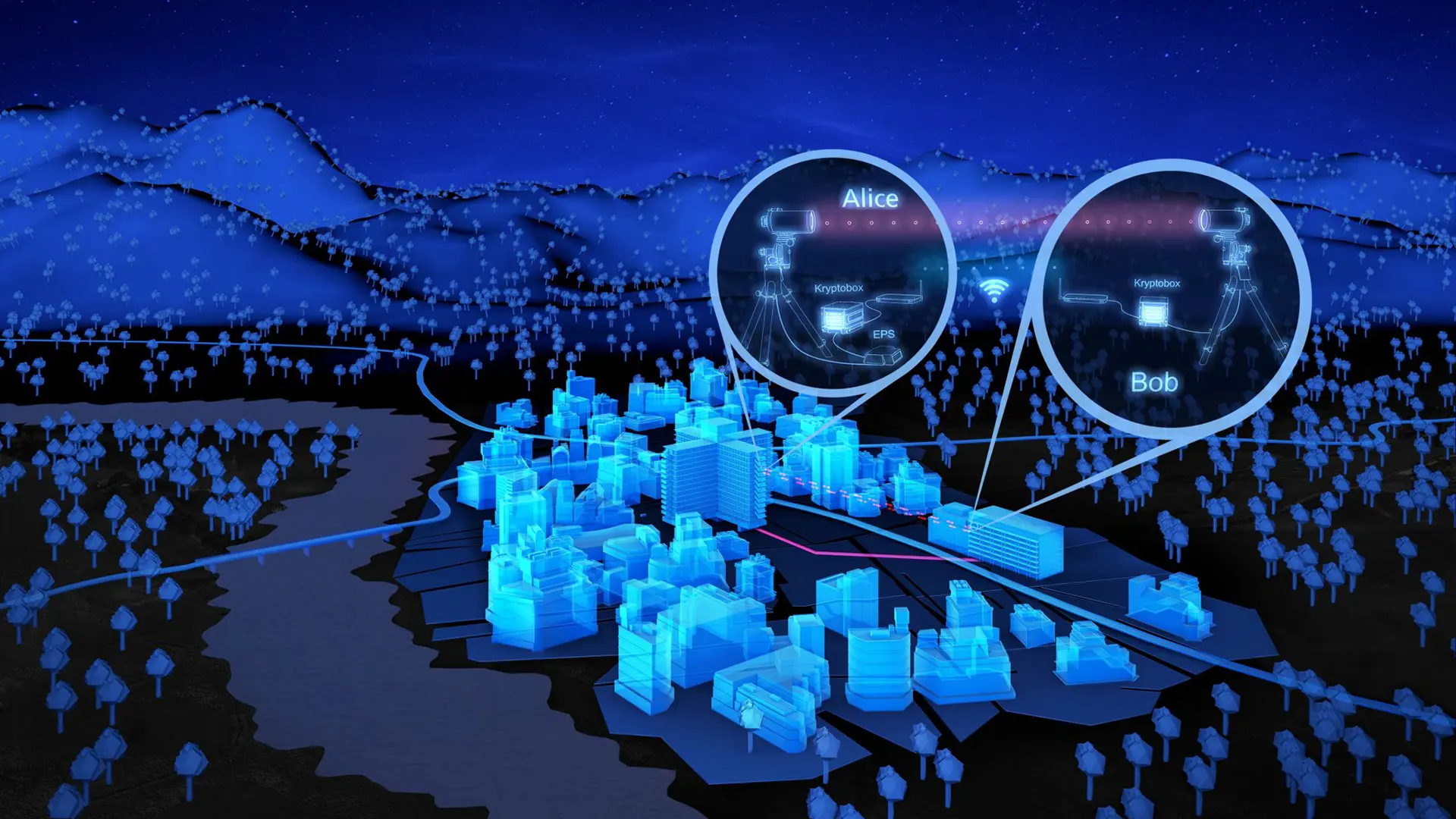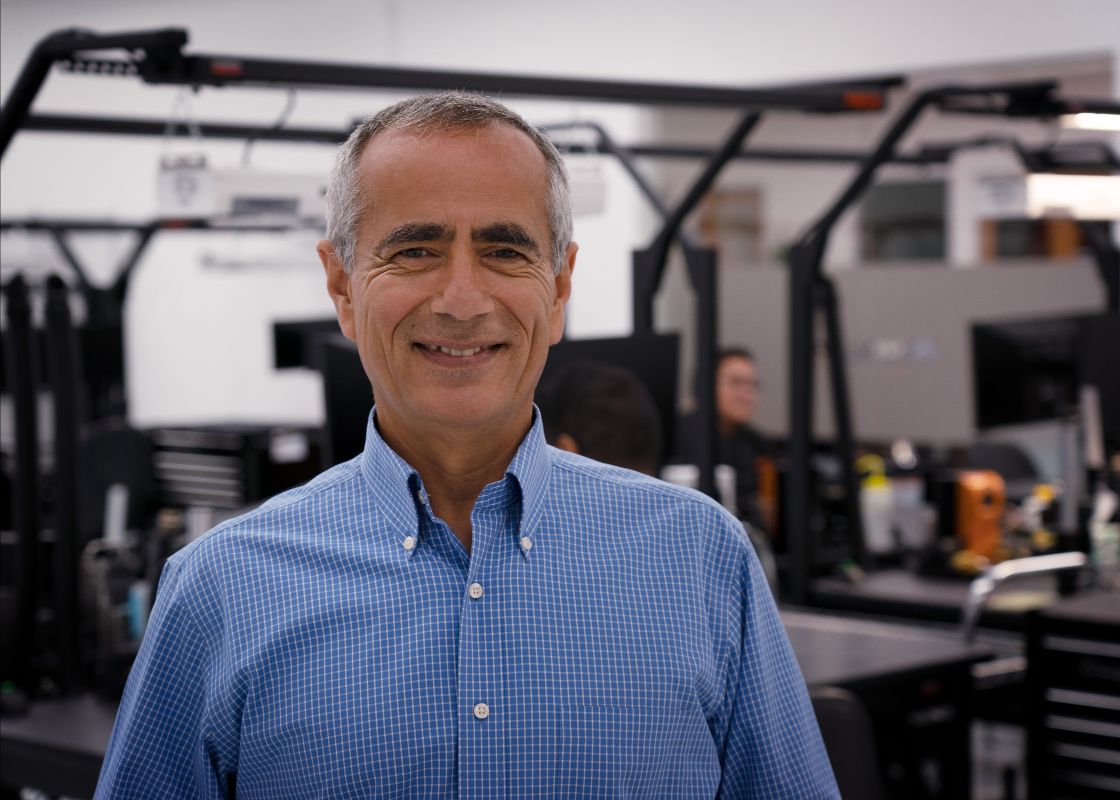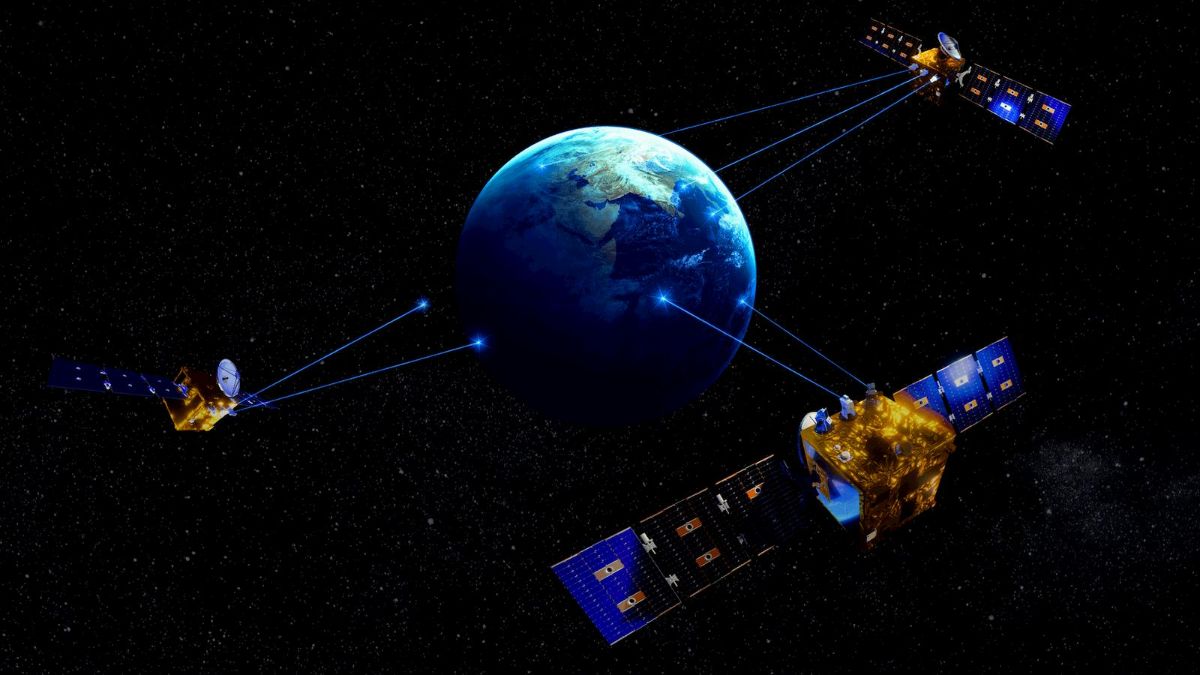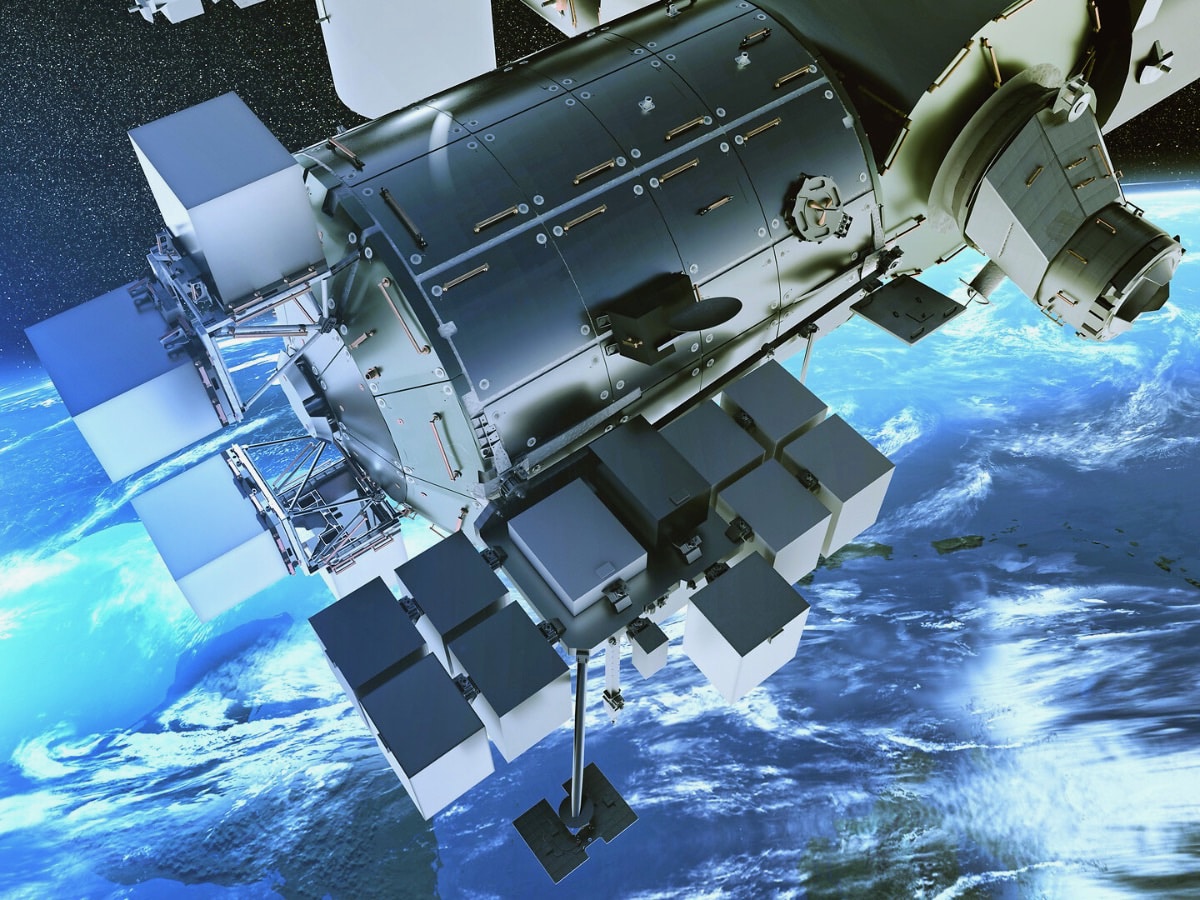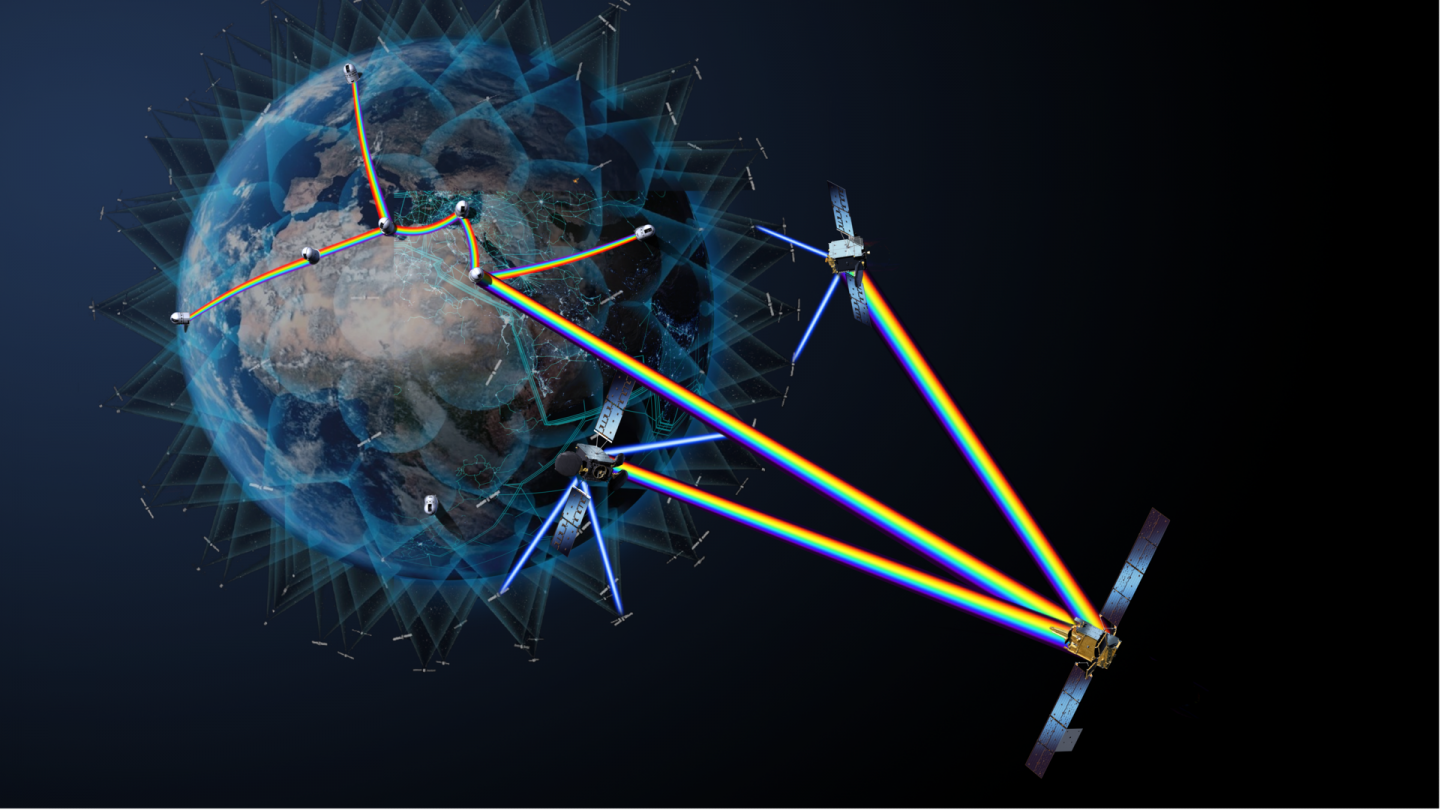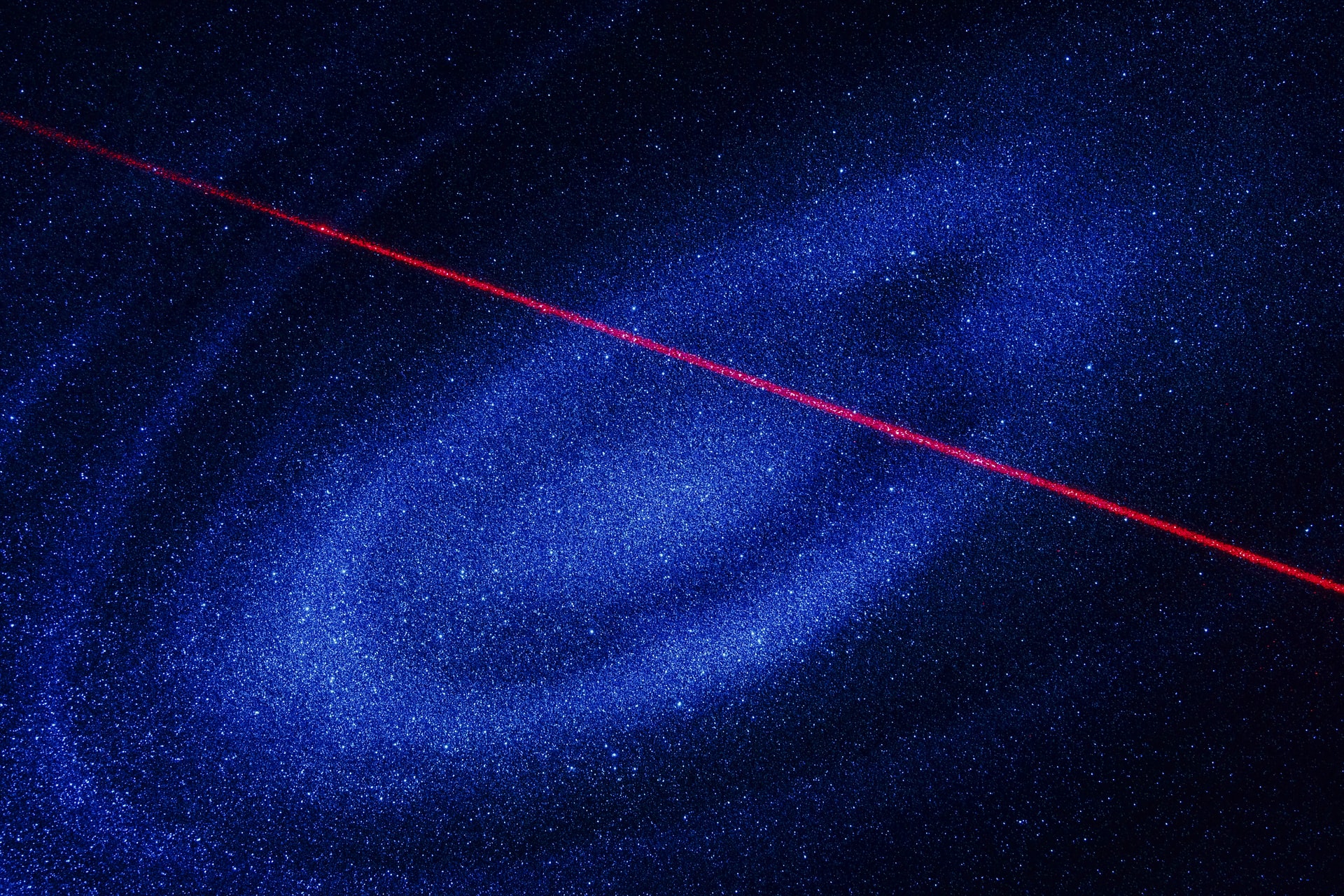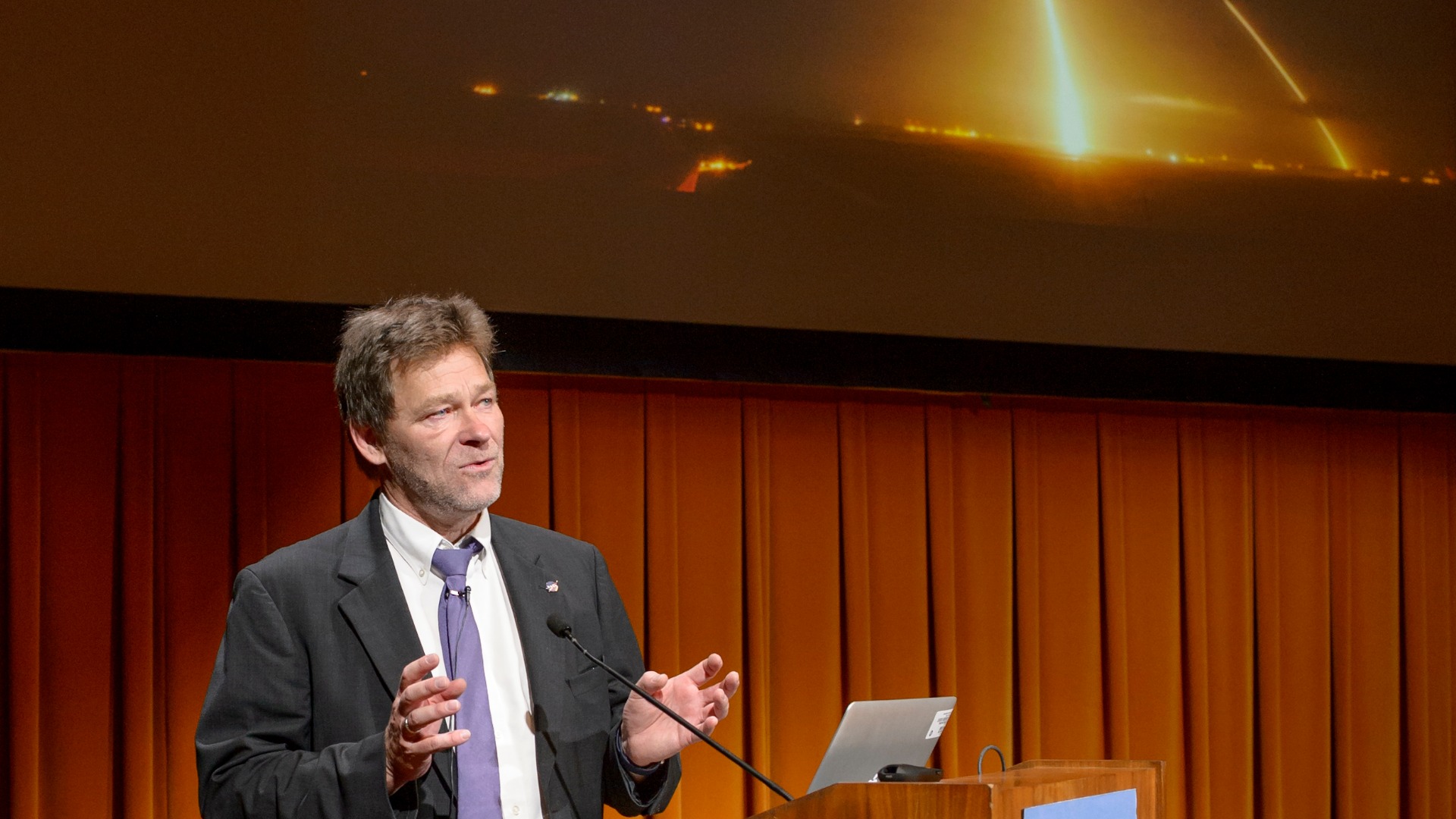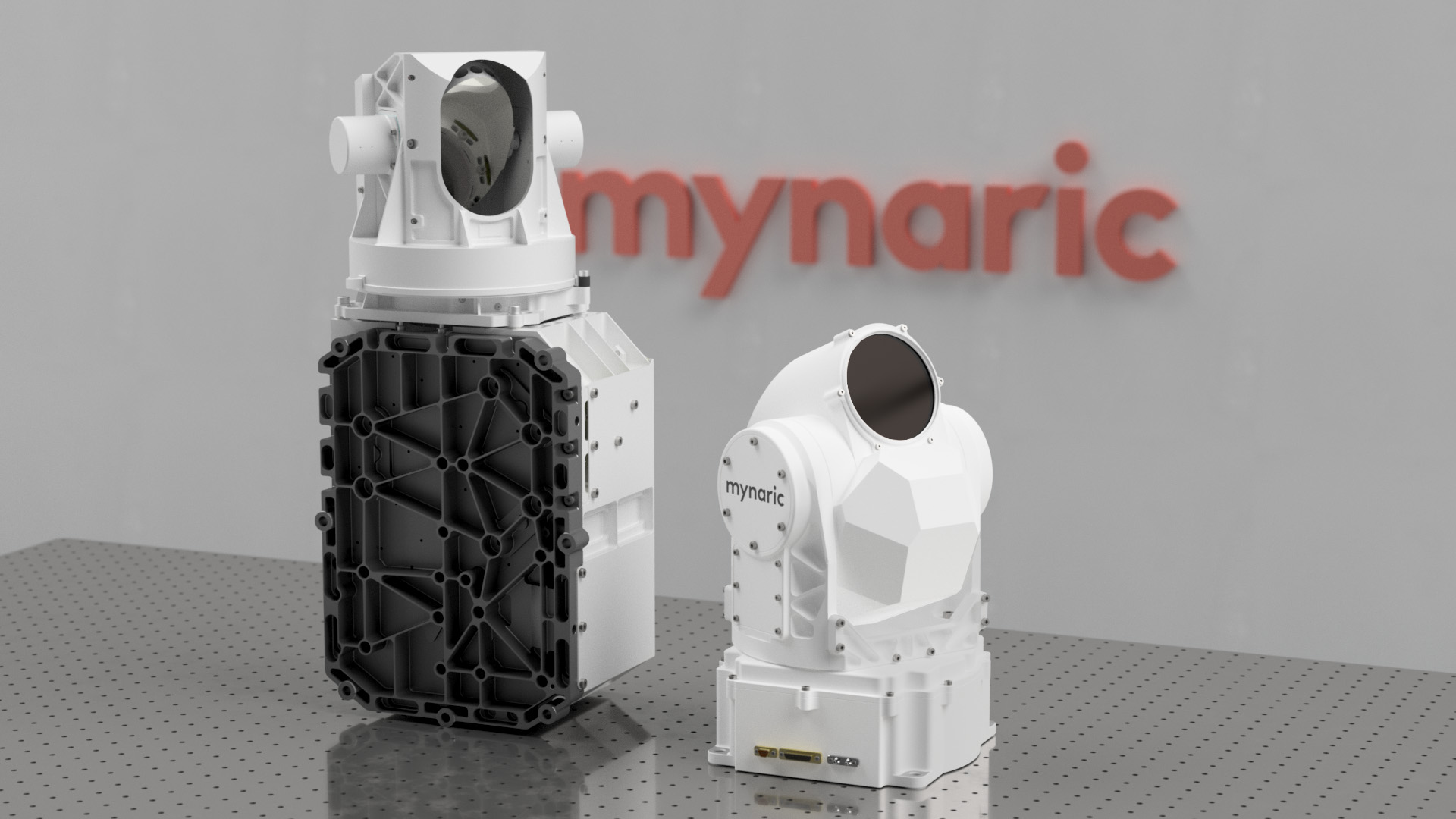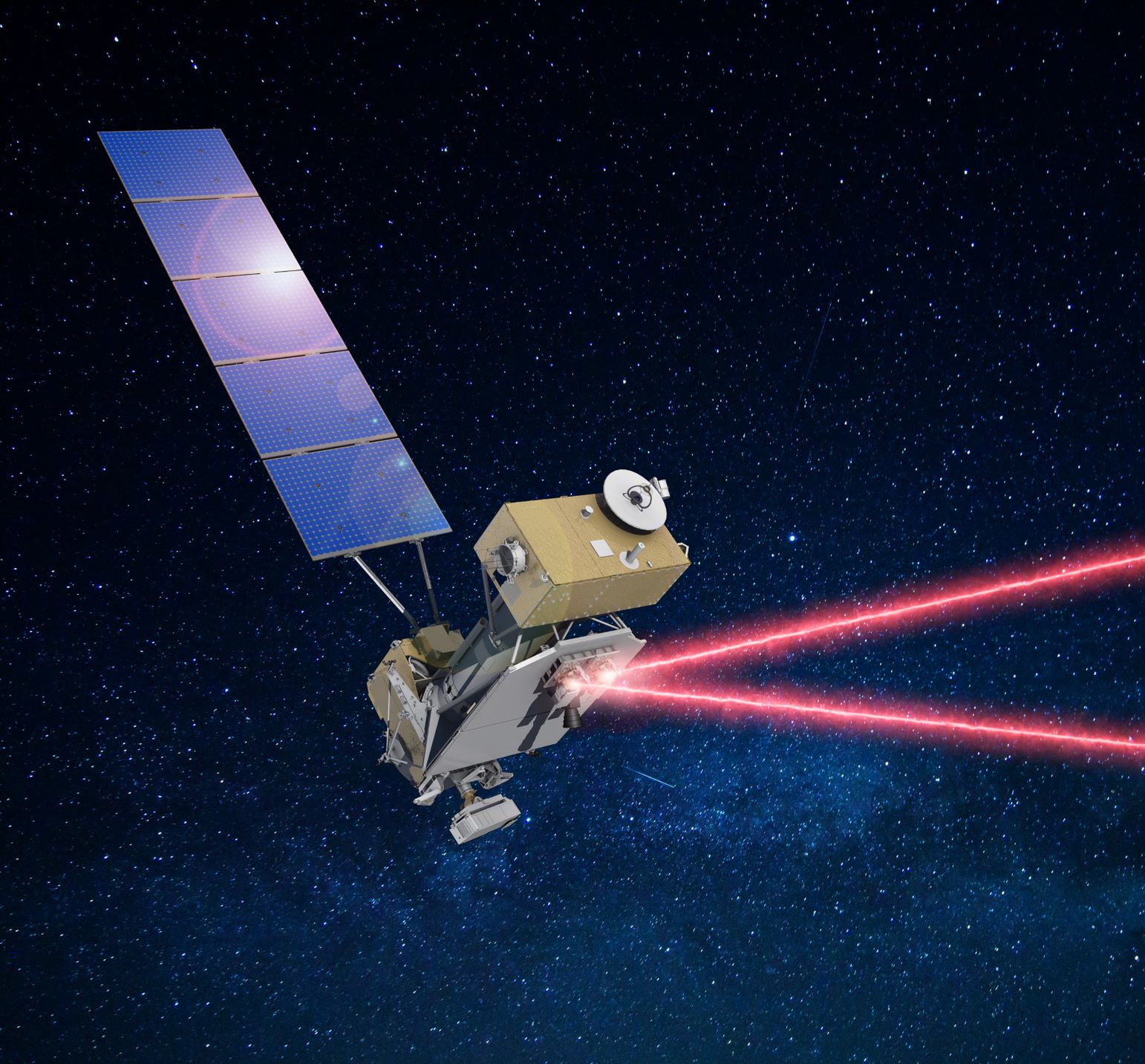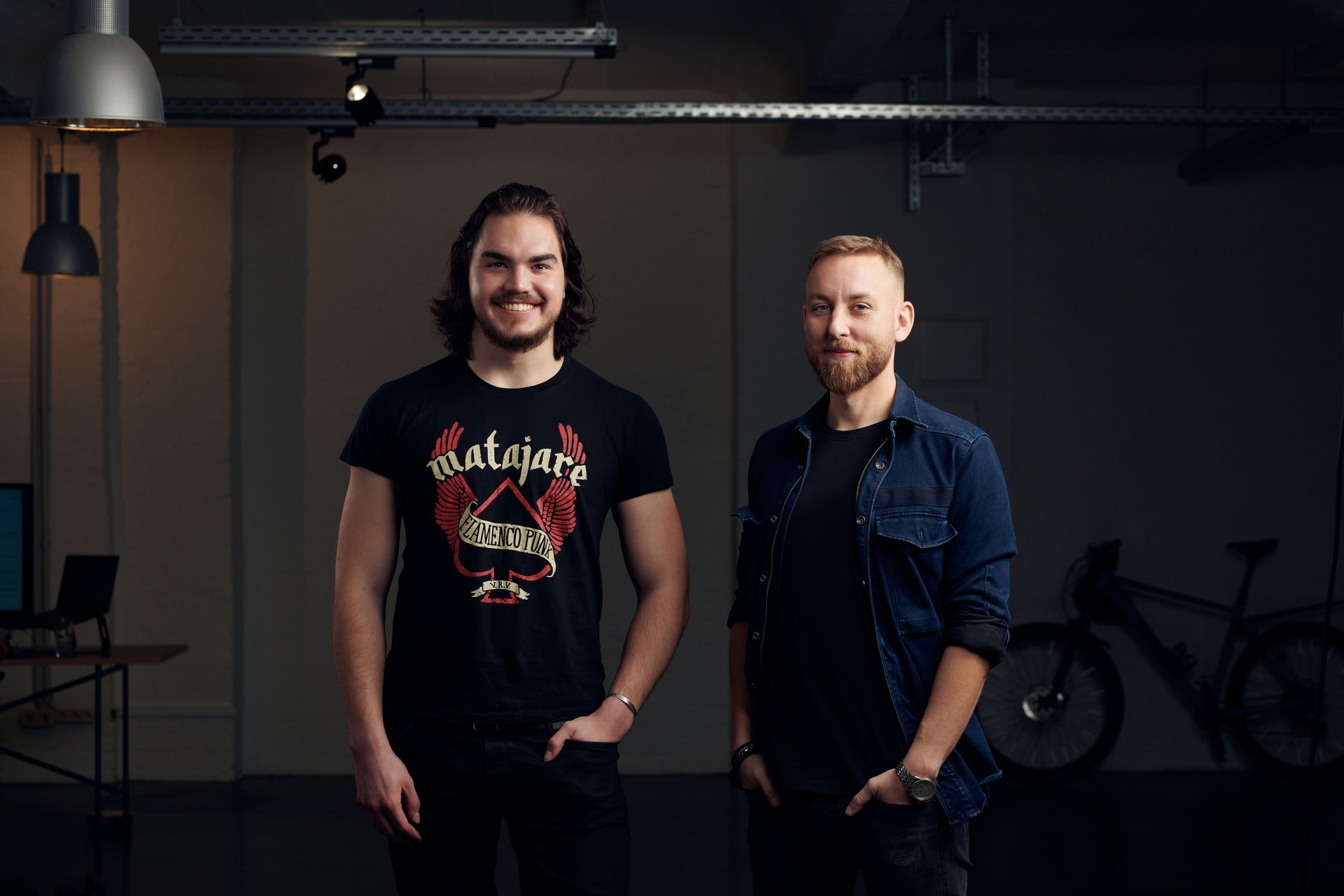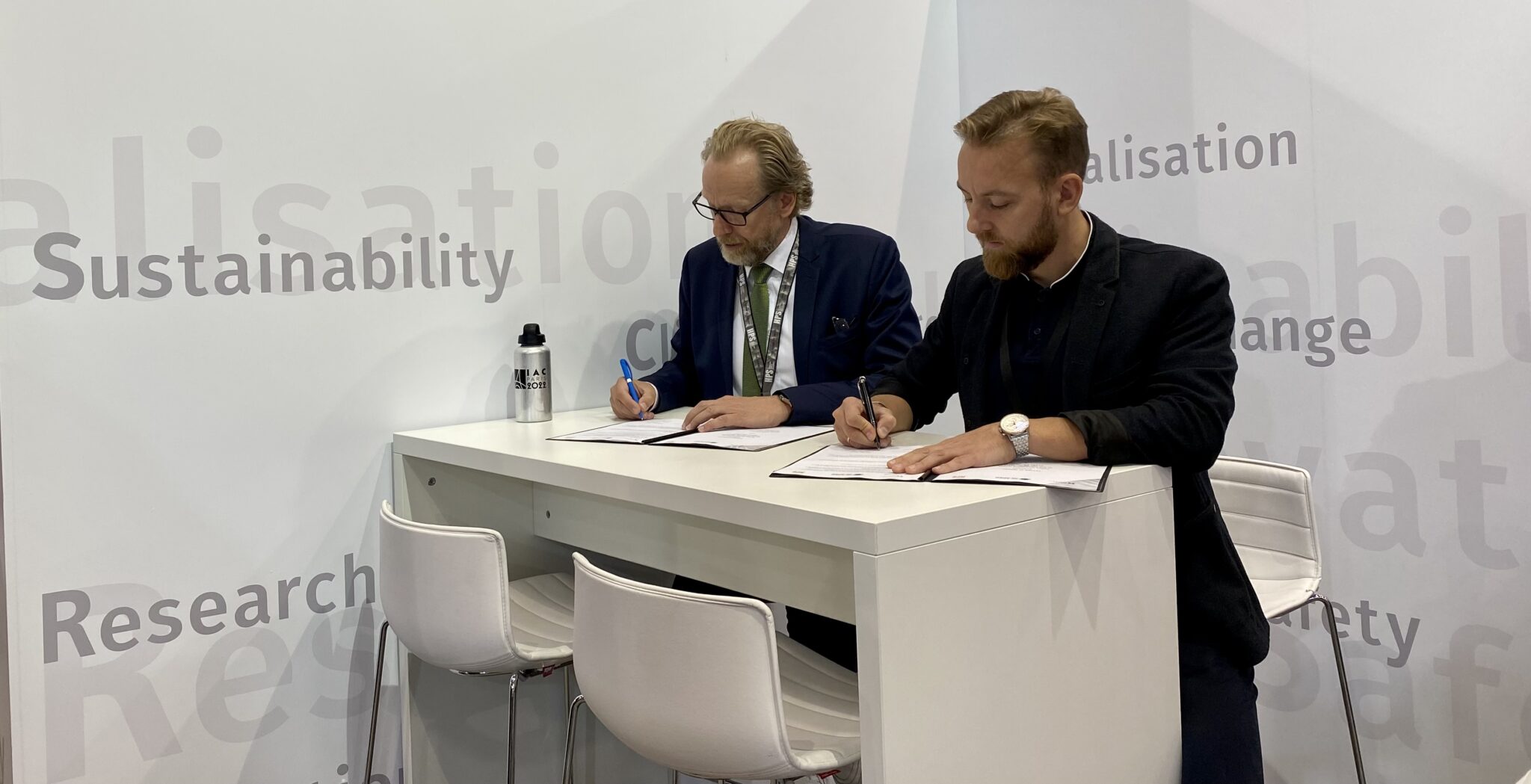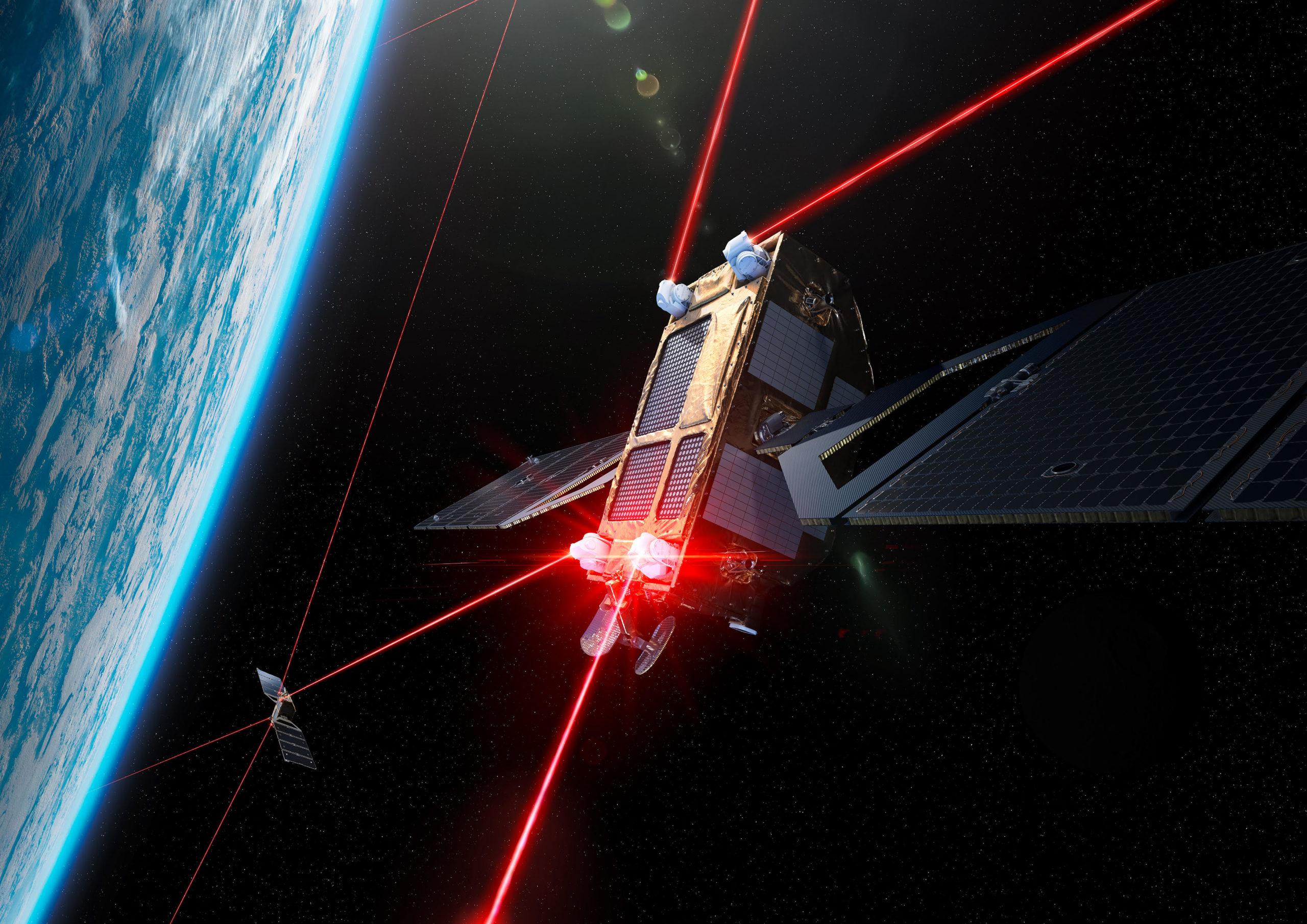
European satellite network to be established by space consortium
Published on Mon, 13.12.2021 – 23:38 CET in Upstream, covering UN:IOAt the start of the World Satellite Business Week in Paris, the foundation of the consortium "UN:IO" was announced. The 14 members are also supported by the European Commission.
Satellite Internet "Made in Europe" starting in 2025
It is nothing less than a drumbeat: a first demonstrator is to be launched at the end of 2023, and the European satellite network is to be operational as early as 2025. It's an ambitious undertaking, designed to ensure sovereign capacities for commercial and institutional communications channels. And these are urgently needed. After all, with broadband Internet anywhere in the world, autonomous vehicles and aircraft, networked industrial machines or support for military or humanitarian missions, dependencies on third countries or low data transmission rates can become a bottleneck. Europe is already lagging behind the USA or China. While the Chinese have built up their network largely unobtrusively, in the U.S. SpaceX in particular is making no secret of the launches to build up the company's own Starlink constellation. But using existing, foreign infrastructures is not only an economic risk, it also poses dangers in terms of data security.
In ten years' time, permanent, reliable and secure connectivity will be as natural at every point on earth as the air we breathe. A European constellation can offer a counterbalance to the American and Chinese systems and can make sure that internet access for all people remains unrestricted.
Walter Ballheimer, CEO REFLEX Aerospace
It is therefore understandable that the European Commission is also very interested in its own solution and is giving it top priority. Only a few days ago, it selected the UN:IO consortium for one of two study tenders, which are endowed with 1.4 million euros and explicitly addressed to new space companies. According to the funding conditions, detailed technical solutions must be presented to the EU within six months. The bar is set high. On the one hand, the sustainability criteria associated with the European Union's "Green Deal" must be met. On the other hand, the data is to be highly protected against cyberattacks by quantum encryption. Tasks that seem quite feasible when looking at the members of the consortium.
SMEs as drivers of sovereignty
The driving force behind the UN:IO consortium is three companies whose common element is, above all, a highly respected figure in the space industry: Bülent Altan. The former chief engineer at SpaceX and current CEO of Mynaric brings together all the skills needed to build a satellite constellation. The consortium is led by REFLEX Aerospace, a startup that aims to revolutionize the market with its high-performance satellites tailored to individual requirements. Isar Aerospace, a company based in Ottobrunn, Germany, will act as launch service provider. Mynaric, the Gilching-based specialist for laser communication, will enable fast and secure data transmission.
UN:IO is a surprise, but has been planned for a while
Although the plans to establish this consortium had been underway for some time, the launch came as something of a surprise. At the kick-off of the BDI's NewSpace initiative, Sven Meyer-Brunswick (C3PO, Mynaric) asked Dieter Janecek (Bündnis 90/Die Grünen), a member of the German Bundestag, on NewSpace-Ampeltalk what ambitions the newly elected German government had for its own satellite constellation. His answer remained vague, so now the companies are getting down to business. The members of the consortium are CGI Germany, CRN Management, Fraunhofer Institute for Applied Solid State Physics IAF, Fraunhofer Institute for Scientific and Technical Trend Analysis INT, Innovation Society of the Technical University of Braunschweig (iTUBS), Nanoavionics, Quantum Technology Laboratories, Space Applications Services, Swedish Space Corporation (SSC), Telefónica Germany and TTTech Computertechnik.
This project is Europe's technological declaration of independence.
Walter Ballheimer, CEO REFLEX Aerospace
As REFLEX Aerospace CEO Walter Ballheimer pointed out, Europe has everything it needs for an independent satellite network. The individual parts would only have to be combined and activated in a highly efficient manner. For this task, he said, the consortium is well prepared, because "flexibility, speed and cost-effectiveness, together with the innovative power of the continent's technological avant-garde, form the DNA of the space middle class." (Ballheimer) He explains what he means by this with three examples. For example, quantum cryptographic methods and laser links at UN:IO are said to guarantee both security and speed. In addition, compared to conventional concepts, the consortium does not rely on tens of thousands of satellites, but on a few hundred. These satellites will operate in different orbits and, thanks to intelligent networking, will also offer better performance. Third, the satellites will be disposed of at the end of their operational life. For this purpose, a braking sail is to be used, with which decommissioned satellites re-enter the earth's atmosphere and ultimately burn up.
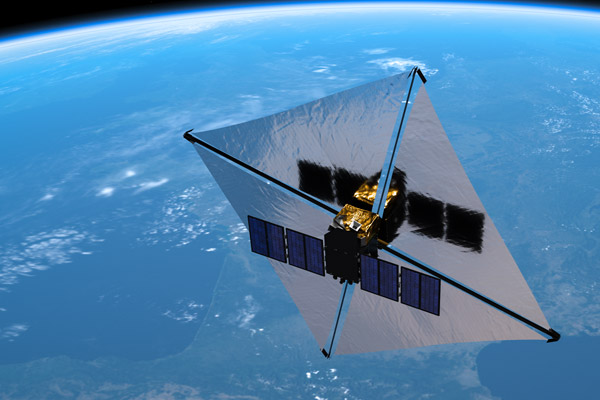
© HPS 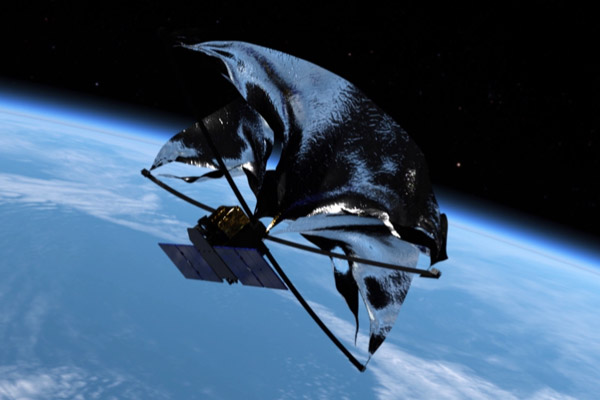
© HPS 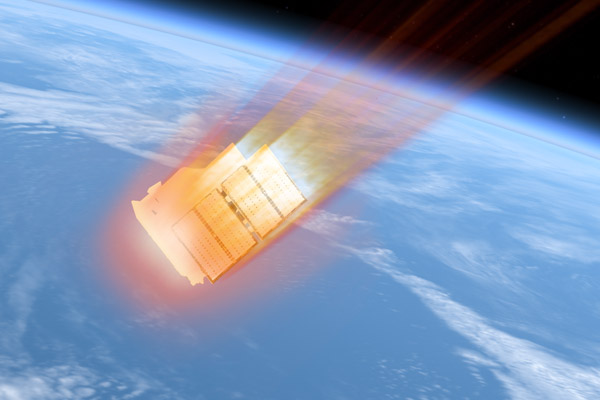
© HPS
In addition to satellites in orbit, however, infrastructure on earth is also needed to put the network into operation. Among other things, several ground stations and control centers are needed. How serious the consortium is about the project is also shown by the fact that work has already begun on setting it up - as well as on the hardware structure. According to the company, this is being financed both from its own capital and from venture capital. Bülent Altan summarizes the importance of this project for Europe.
We are incredibly proud that the European Commission has selected our consortium to lay out the architecture for an independent European satellite network. Satellite communication infrastructure will become as essential for future commerce as physical bridges were in the past. It is good to see Europe intends to catch up on the technological ambition, industrial capability, and geopolitical sovereignty of other nations who are already well on their way building space infrastructure. We look forward to contributing to Europe’s own solution and provide laser communications solutions to unleash the satellite network’s full utility.
Bulent Altan, CEO Mynaric
After VW also BMW: German automotive manufacturers signal interest
That the market for such a network exists cannot be doubted. As early as March 2021, Volkswagen announced its intention to radically change its business model. In the future, the Wolfsburg company no longer wants to earn money with the sale of cars, but with related software applications. Similar to what Apple has already been doing successfully for a long time with smartphones. One such application is autonomous driving. But for this, a high-performance Internet connection that is also reliably available outside metropolitan areas is indispensable. Just last week, Wirtschaftswoche reported that BMW has now joined VW in contacting the REFLEX Aerospace, Isar Aerospace and Mynaric alliance in this regard. As the WiWo further reports, BMW could imagine the use in its vehicles from 2030. It remains to be seen to what extent the Munich-based carmaker will now bring this date forward in view of UN:IO's planned readiness for use.
Regardless of this, the heads behind UN:IO continue to drive the project forward. For example, a first round of intensive, non-public talks with top representatives of German companies and associations on the range of services would already take place at the World Satellite Business Week in Paris. Others are to follow by the summer in the German-speaking, Scandinavian, Baltic and Mediterranean regions. Ballheimer is also convinced that he will be able to win over national governments as well as the European Union itself as anchor customers or partners: "We see the decision to award the study to our consortium as a clear vote of confidence from the Commission."
The task now is to take the leap of faith and deliver. The details of the independent European satellite network UN:IO will be revealed by June 2022 at the latest. Given the current momentum in the industry, however, it can be assumed that the next drumbeat will follow by then at the latest.
via REFLEX Aerospace, Mynaric, UN:IO
